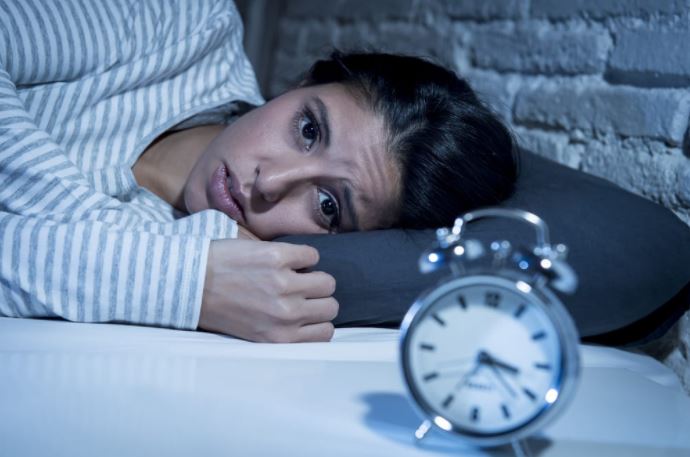 In June 2012, a Chinese man died from a lack of sleep. According to various media outlets, this soccer fan had been on a soccer-watching marathon. His main goal was to watch every Euro match that season. Unfortunately, he did not get to finish watching the season. What shocked most medical experts was that the man was in perfect health before his demise. We all know that sleep is crucial to all living beings, but not everyone understands just how important it is to get a good night’s rest, every night. This is what sleep is all about.
In June 2012, a Chinese man died from a lack of sleep. According to various media outlets, this soccer fan had been on a soccer-watching marathon. His main goal was to watch every Euro match that season. Unfortunately, he did not get to finish watching the season. What shocked most medical experts was that the man was in perfect health before his demise. We all know that sleep is crucial to all living beings, but not everyone understands just how important it is to get a good night’s rest, every night. This is what sleep is all about.
Sleep
By definition, sleep is a state of complete rest when the body and mind shut down for a while and allow recuperation to occur. Sleep is categorized into two forms: rapid eye movement (REM) sleep and non-REM sleep. A complete sleep cycle goes through the four stages of sleep below:
Stages of Sleep
- Stage One (Non-REM) – This s the least restful and most active stage of sleep. This is when most of your brain activity is done and your eyes begin to get heavy, but you still have to breathe deeply and regulate your body temperature. Your heart also starts to slow down during this time and you may feel tired.
- Stage Two (Non-REM) – This is the stage where most of your memory and concentration power is lost and you may find yourself falling asleep almost instantly. You will still have some ability to think through, but it will be extremely difficult to concentrate. You may also begin to dream at this time. If you do not sleep well at this time, you will be more likely to have trouble sleeping throughout the night.
- Stage Three (Non-REM) – This is generally considered to be the longest stage. At this point, your memory and concentration have returned somewhat, but your body is no longer tired and you can sleep for eight hours or more easily. Your heart rate has increased slightly and your blood pressure is lower than it was in the first stage. You will still be extremely sleepy at this point, however, and will not likely have as much energy to do anything during the day.
- REM sleep – This is a state of deep sleep in most mammals and birds, followed by rapid eye movement sleep, which is a distinct phase of non-restorative sleep in birds and mammals, characterized by random, rhythmic, eye movements of the eyes, and the tendency of the sleeper to fantasize. The word “rapid eye movement” (REM) is often used to describe the movement of the eyes when a person is in that stage of sleep. Restorative sleep or stages 2 and 3 are also recognized by the term “fancy sleep” or “light sleep.” Rapid eye movement sleep (REMS), on the other hand, occurs when the mind enters its dream cycles stage.
In light of our findings of different stages of sleep, some experts have proposed that the stages of sleep can be used to evaluate a person’s health. This may help a person to know how to prepare themselves for a good sleep and when is the best time to buy a mattress so that they can have an optimal night’s rest. Stages of sleep may also help improve creativity.
Sleep Deprivation
The National Institute of Neurological Disorders and Stroke says that without sleep, we become weak, slow, and fatigued. Without sleep, our bodies run down and we don’t have that energy to do the things that make us happy. Our emotions run rampant and we can’t decide on what we should or shouldn’t do without thinking. We are always moody and are exhausted at the end of the day. If we don’t get enough sleep, it interrupts every single aspect of our lives.
Lack of sleep causes us to be unable to focus properly, we can’t concentrate on any task at hand, and we often procrastinate and waste our precious time. We cannot remember things and we tend to forget things as well. When we lack sleep, it’s almost like we have a brain defect and our brain works differently and we are unable to function normally.
As our busy lives and schedules make it difficult to simply go to bed at the same time each day, it is sometimes necessary to get help with getting more sleep. The amount that we need in a day can vary depending on body type, gender, and age. However, most doctors recommend anything from six to eight hours of sleep every night to term it as “good sleep.”











